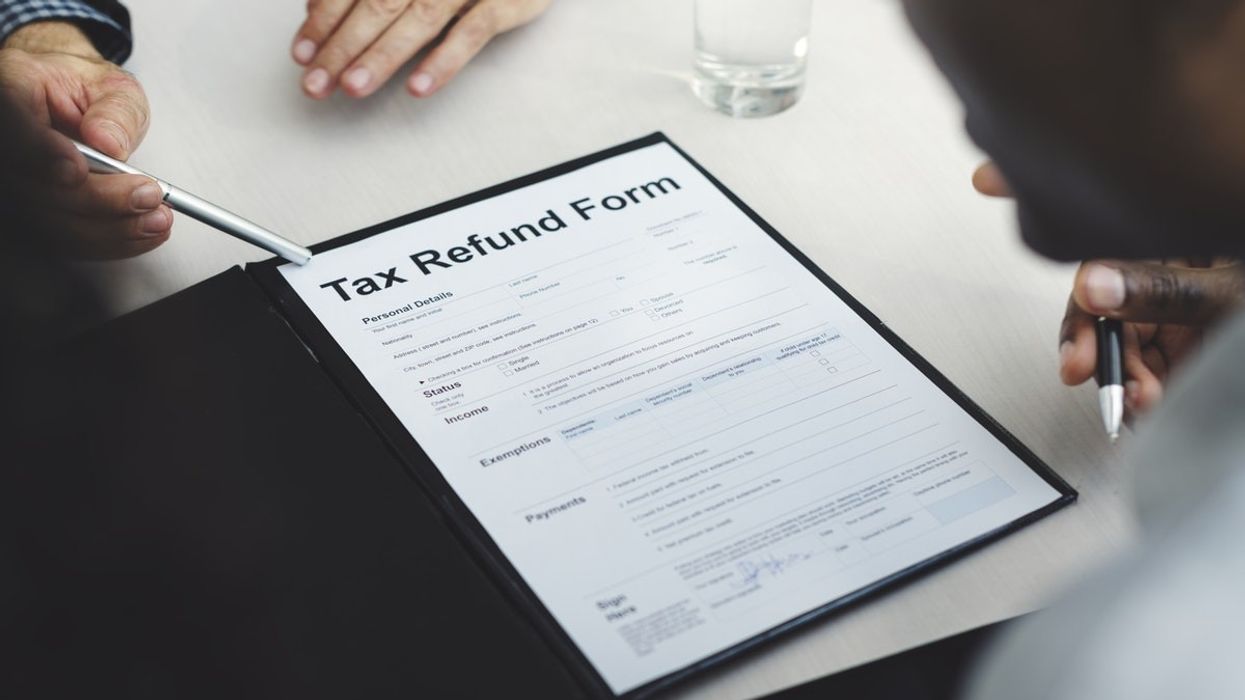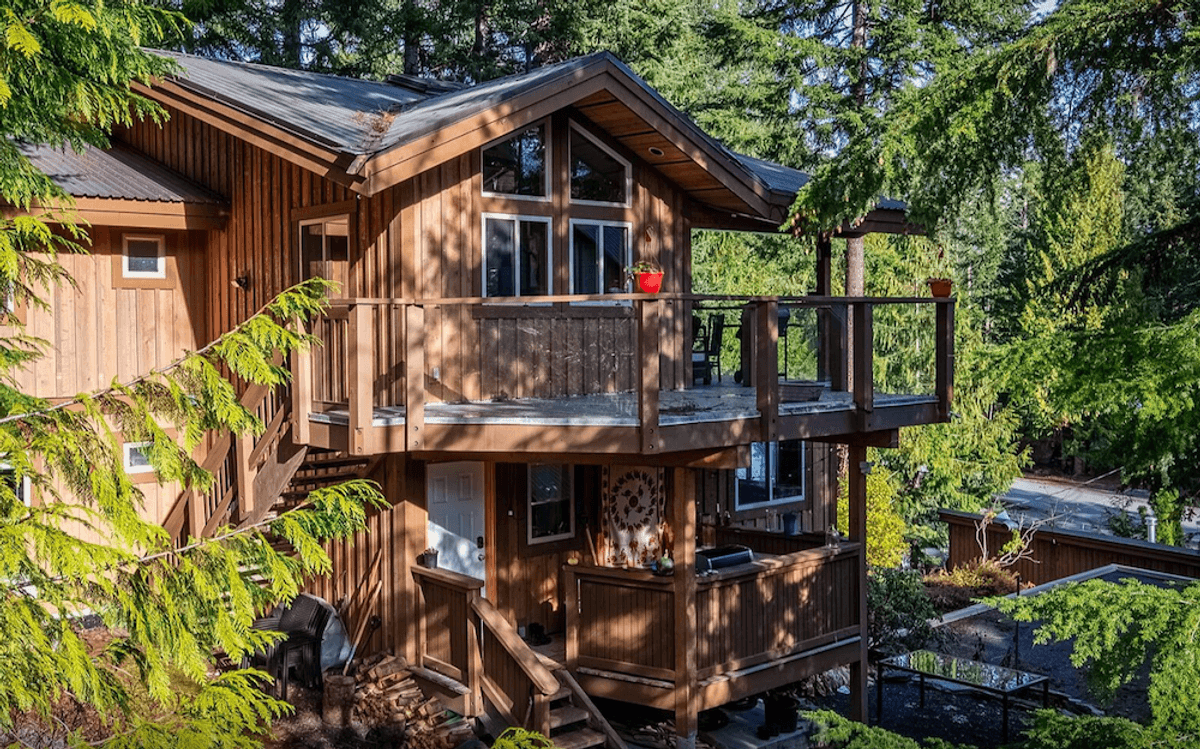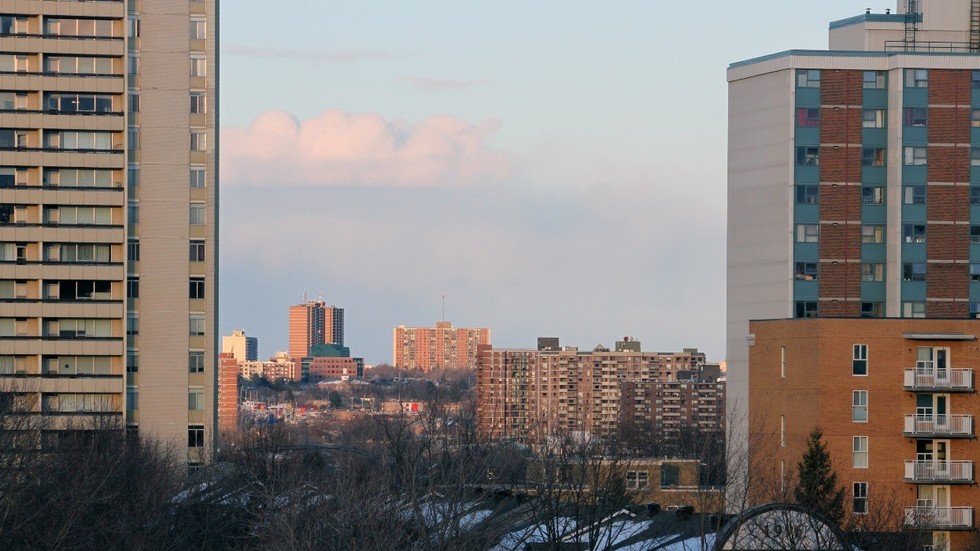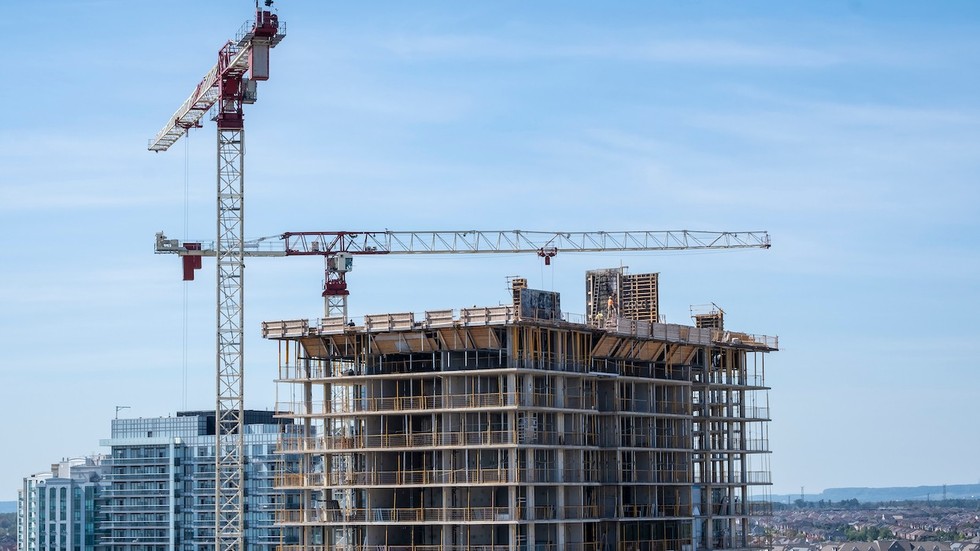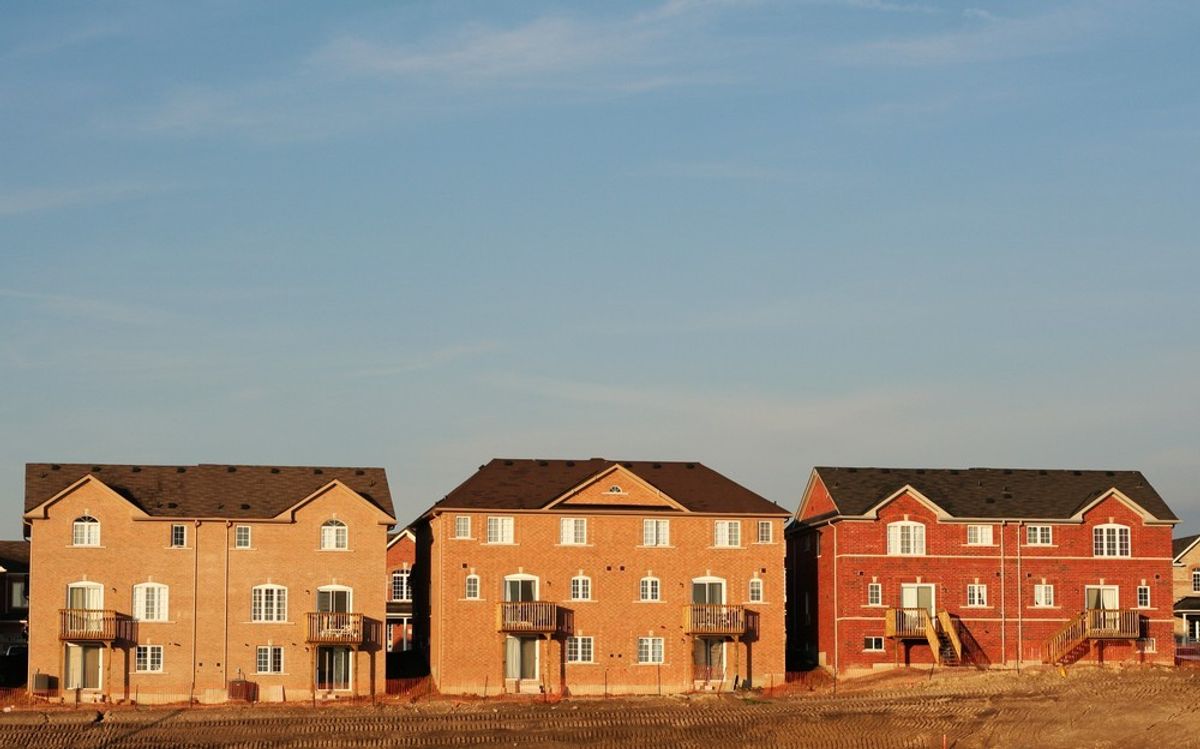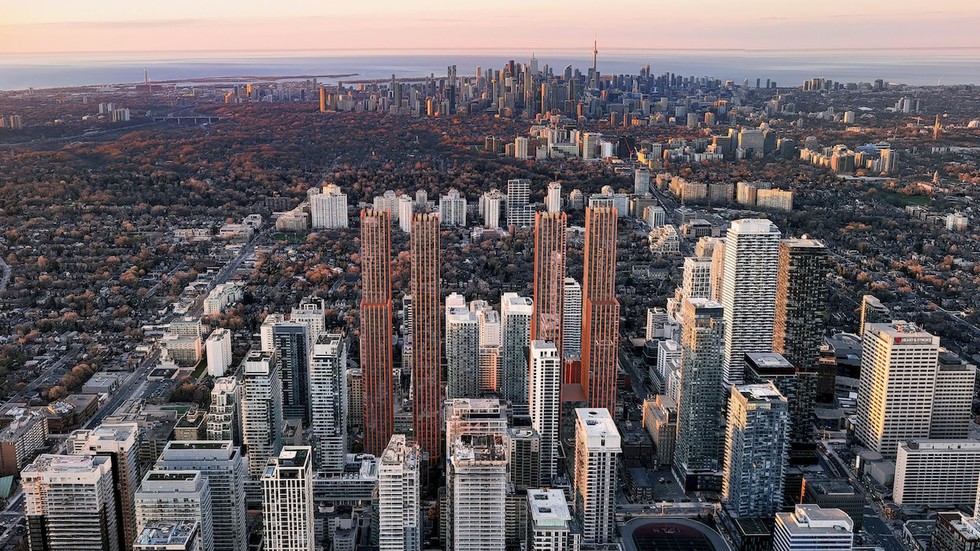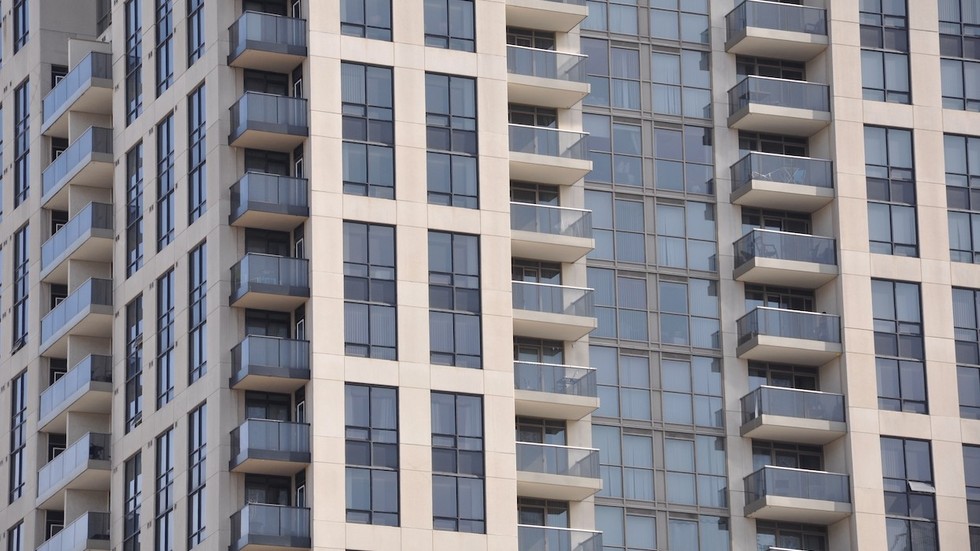The deadline to file your taxes is quickly approaching. By April 30th, all your taxes should have been filed, and any payments owed to the Canada Revenue Agency (CRA) must be paid if you want to avoid late payment penalties.
But while there may be taxes owed to the government, there are plenty of deductions you may be able to make — especially, if you own a home.
Here are a few important things all Canadians homeowners should know to help cut back on what they owe the government...
You May Be Able to Claim Expenses Related to a First-Time Home Purchase
If you entered the real estate market for the first time in 2018, you may be able to take advantage of the First-Time Home Buyers Tax Credit. If eligible, you can claim $5,000 on a qualifying home that was purchased after Jan. 27, 2009.
The tax credit is calculated by multiplying your lowest personal income tax rate for the year. This can translate to as much as a $750 federal tax relief.
READ: The Best And Worst Canadian Cities For Single Home Buyers
So, what makes you qualified for this tax break? For starters, you must be a first-time homebuyer. To be a first-time buyer, you cannot have lived in another home owned by you or your spouse/partner in the same year that you bought it, nor in the previous four years.
Further, the home in question must be registered in your and/or your spouse/partner’s name. Both existing and new-construction homes are included.
Expenses Related to Renovations Could Be Deductible
Certain home renovations made in 2016 and after may be eligible for a deduction as per the Home Accessibility Tax Credit (HATC). The improvements made must be deemed necessary to make the home safer and more accessible for those with mobility issues, particularly for those who are disabled or who are at least 65 years of age.
READ: Real Estate Terms All First-Time Homebuyers Should Know
In order to take advantage of this deduction, the eligible person or an individual who cares for the person must claim the HATC. Further, the work done must meet all specific requirements set forth by the CRA. If qualified, you may be able to claim as much as $10,000 in expenses related to work done on your home.
You May Qualify For a Rebate on Some of the Taxes Paid on a Home Purchase
If HST was charged on your home purchase, you may be able to claim at least part of these taxes paid. Generally speaking, taxes are charged on the purchase of a brand new (or extensively renovated) home or condo in Ontario. Existing homes typically aren't charged taxes to buyers when they're bought.
READ: Toronto Home Buyers — Don’t Lose Out On HST Rebate Cash
The GST/HST New Housing Rebate gives homeowners a chance to recoup some or most of the HST paid for a brand new or significantly renovated home that's used as the buyer's primary residence.
You Need to Report the Sale of Your Home
If you sold your home in 2018 (or any time after October 2016), you have to report the sale to the CRA at tax time. If the home was not your primary residence (such as an investment property), you may have to pay capital gains taxes.
Capital gains refer to any profits made on the sale of real estate, minus all costs involved. Whatever profit you made on the sale will be taxed at a specific capital gains tax rate.
READ: CREA Forecasts Canadian Home Sales Will Fall To Nine-Year Low In 2019
The good news is that if the home you sold was your principal residence, you won't have to worry about paying capital gains taxes, though the home sale will still need to be reported.
You May Have to Repay a Portion of the Home Buyers Plan (HBP)
If you borrowed from your RRSPs to be used as part of your down payment for a home as part of the Home Buyers Plan (HBP), you'll eventually have to pay all that money back within 15 years. If you haven't already made your payment for the tax year, you can do so when you file your taxes.
READ: Federal Budget 2019: New Incentives For First-Time Buyers
Final Thoughts
Filing your taxes is never fun, especially if you owe money to the government. But there are a number of ways to cut down on the amount you owe the CRA, especially if you're a homeowner. Be sure to speak with a tax specialist to find out what types of deductions you may be eligible for.
